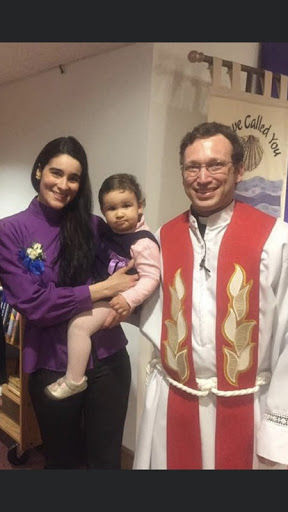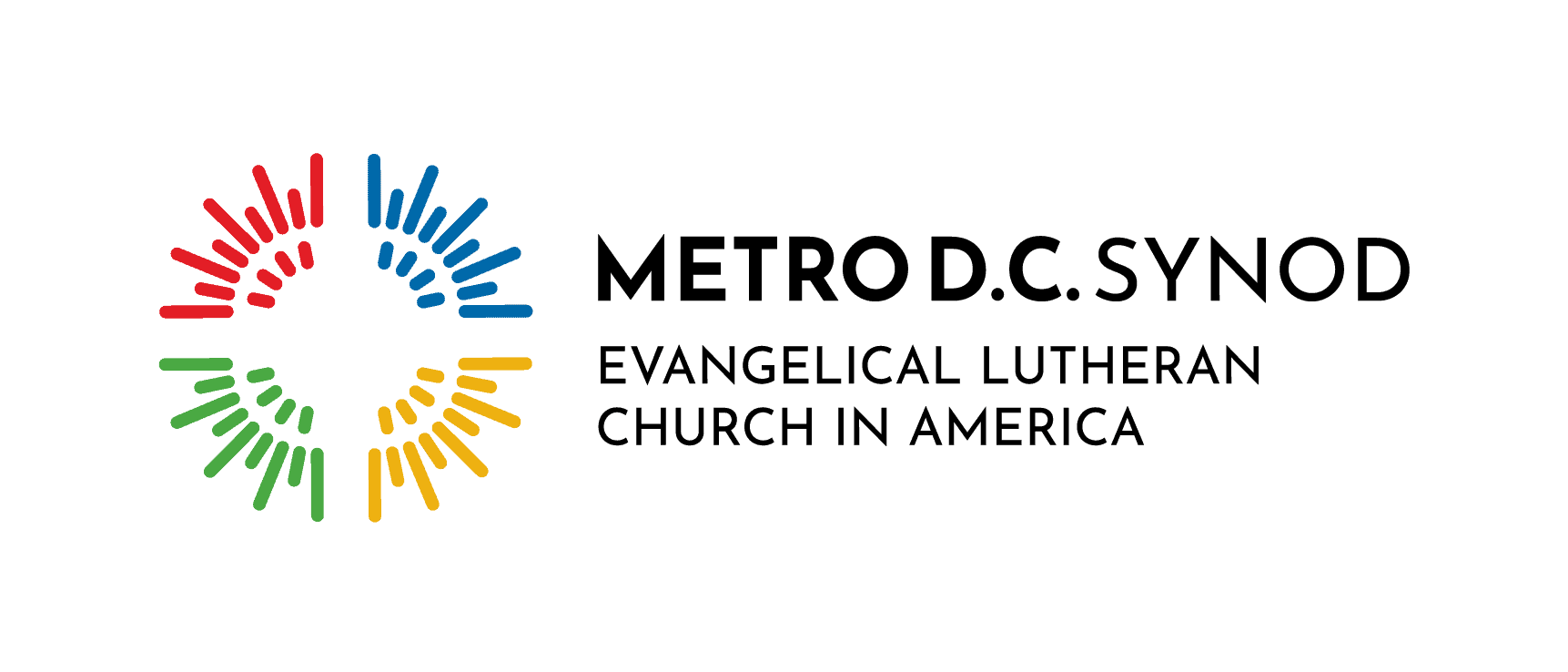A Venezuelan’s Personal Reformation and Journey of Faith


Hello, my name is Franklin Morales; I am a native of Venezuela. I was born in the capital, Caracas, but after the death of my grandmother, we decided to move to the western part of the country. I can say that there I had the best childhood that a child can have, going out to play soccer with my school friends, being able to go for a weekend walk to the countryside, or going to the river to swim. One of the things I remember most about my childhood is eating a tasty arepa – a typical Venezuelan food – with fresh cheese and a glass of freshly milked milk for breakfast and then going to mass.
It was in this family, social, and religious context where a voice began to sound inside me, which I cannot say was God or some revelation, but something that invited me to have a life in the service of others.
In what way? Or by what means? Only with the help of many people would I discover it. Many years later, I decided to enter seminary within the Catholic Church and thus begin a path of discernment and service to others.
I was able to carry out my philosophical studies in my native country, and then the order I belonged to sent me to do the novitiate in Central America. This is where I had my first international experience and interactions with people from other countries. It was an incredibly beautiful time and I learned so much, especially about Central American culture and all that our siblings experience and sacrifice to achieve the American dream. After that year in Central America, I was sent to Rome to continue my theological studies. Four and a half years later, I was ordained a priest.
For a long time, I was struggling internally and externally with needing the freedom to preach a Gospel of inclusion, healing, justice, and peace. But above all I wanted to preach a Gospel that would establish a personal relationship with Jesus, through serving others and the creation itself.
This does not mean that in the Catholic Church these realities are not experienced in some way. However, I felt that God asked me for more openness and inclusion of those who are often marginalized by anachronistic conceptions.
Therefore, I decided to leave the Catholic Church and got married almost nine months later. I began a search within the historic churches, where I found the Lutheran Church. Within Lutheranism I discovered the principles of Sola Fide, Sola Scriptura, Solo Christus, Sola Gratia, Soli Deo Gloria. The principles of Lutheranism helped me understand something important in my life of faith and service: The grace of God is superabundant and that we are completely dependent on God. I felt a liberation in my faith life that led me to live more dependent on God and not on what I thought I would achieve from God through my own efforts.
I discovered the Evangelical Church of the Lutheran Confession when my wife and I traveled to Brazil. The Senior pastor in that congregation welcomed us warmly and introduced us to the Lutheran doctrine. In our conversations he told me that he believed that God’s call in my life still included me being in the ministry.
He invited me to start the process with them in Brazil, but we expressed our desires to move to the United States. He then told us: “If you are going to the States, you must go to an ELCA church because they are a welcoming people and you will be fine in that denomination.”
We had two main fears since we arrived in the USA. The first was completing the immigration process and all the paperwork we have to do in order to stay here legally and safely. The other was to find a community that welcomed us and invited us to be a part of it.
Before we arrived, we sent an email to the first Lutheran church that showed up in my research. It was Augustana Lutheran Church in D.C. We wrote in an email our expectations, and the desires to participate in the church and get to know them. Pastor Tom Montgomery, who was the interim pastor, emailed us back welcoming us to come and see their church.
We began going to the church every Sunday where we participated in the English services in the morning, and then attended Spanish services with Santa María in the afternoon. We spent our entire Sundays at church from 8:00 a.m. to 7:00 p.m. We met and got to know wonderful and faithful people there who helped us to settle in and feel like we belong to the church family.
There, I began my path of discernment for pastoral life, doing online studies of Lutheran doctrine with one of our seminaries in Mexico (SEMLA). These studies were a blessing to the ministry I have the honor to lead nowadays, because they allowed me to pray and learn more about how to incarnate the Gospel in our Spanish communities.
I completed two years of prayer, discernment and process, which with the grace of God lead to my call in one of our Spanish-speaking congregations in the Metro D.C. Synod.
Today I am the associate pastor of Saint Luke Lutheran Church in Silver Spring, Maryland and I lead the La Sagrada Familia community that takes place in Langley Park, an area of Prince George’s County where most of its inhabitants are from Central America and other parts of the world.
This ministry has been a blessing to our lives. It is a ministry that cares mostly for at-risk children through after-school programs several days a week. We also help low-income families, host ESL classes, and participate in CASA Maryland to advocate for equality and social justice for our immigrant siblings.
Apart from all the social work we do in this community, we also have our spiritual work – our worship services are held the second and fourth Sundays of each month at Saint Luke Lutheran Church and we have a formation plan for our community to provide courses in the Bible, church history, doctrine, and Lutheran principles.
Some of the kids from the community participate in Sunday school. We also have our First Communion mass, fifteen Year Masse, and more celebrations typical of our Latinidad.
All these programs are the result of a joint work with the Metropolitan Washington D.C. Synod, The Lutheran Campus Ministry of the University of Maryland, and Saint Luke Lutheran Church. But above all they are the result of prayer and of a relationship with God through each program in which those who most need to know God’s grace and love participate.
Being in this country and serving our Hispanic communities makes me feel connected with a richness that is beyond borders, nationalities, ages, genders, and so on. It is the joy that I can taste a delicious pupusa and a few meters later I can have a delicious baleada or arepa in the same neighborhood. It is to seek the well-being of each other, it is to import our differences or our denominations, knowing that we are Latinos in diaspora, that we fight for justice and inclusion, for peace and reconciliation and for knowing ourselves equal to all without distinction.
It is knowing that we are children of God and called to share this love with those who need it


